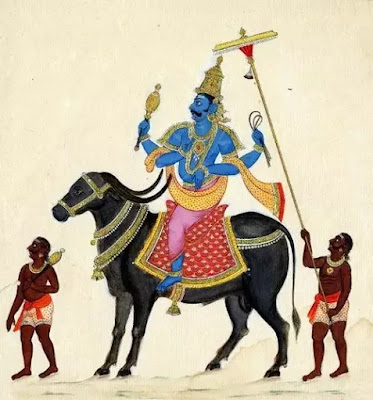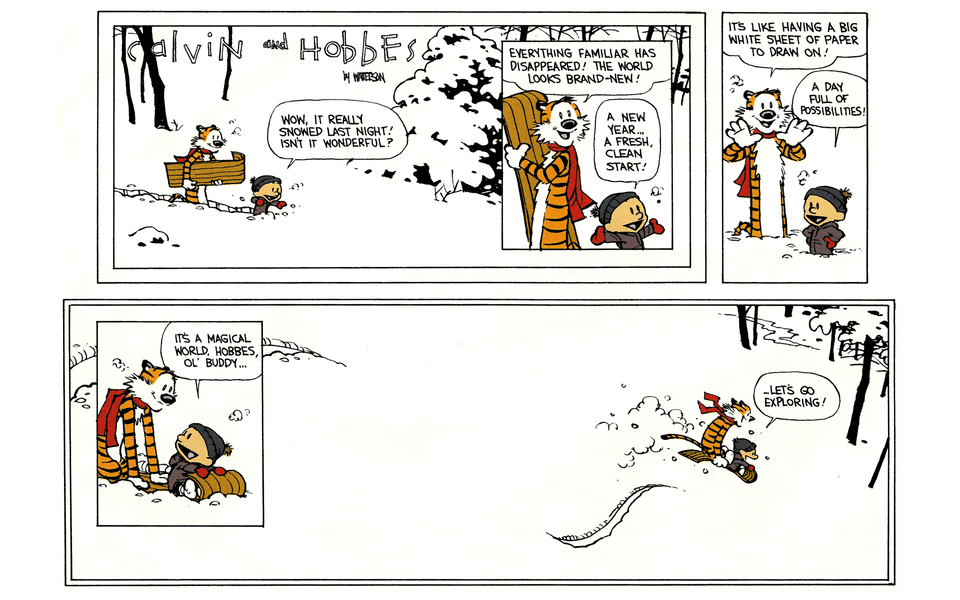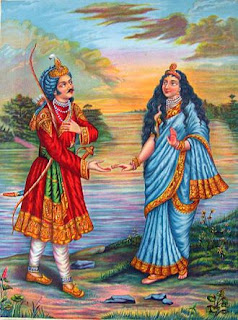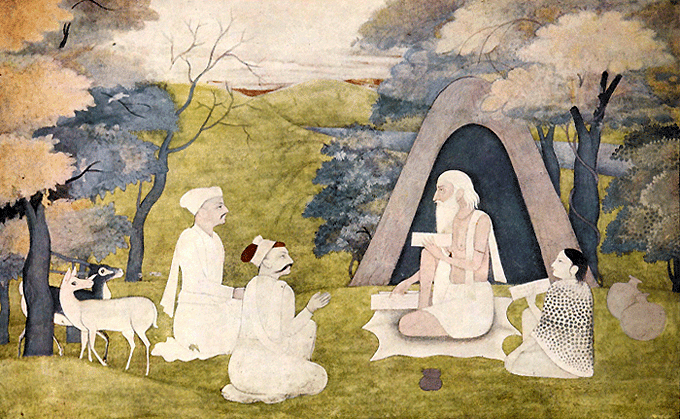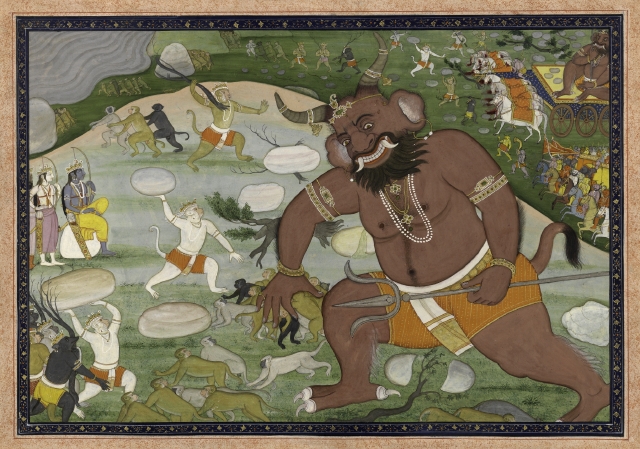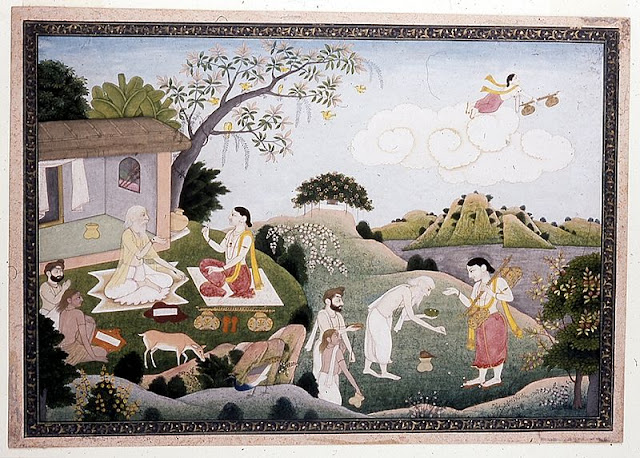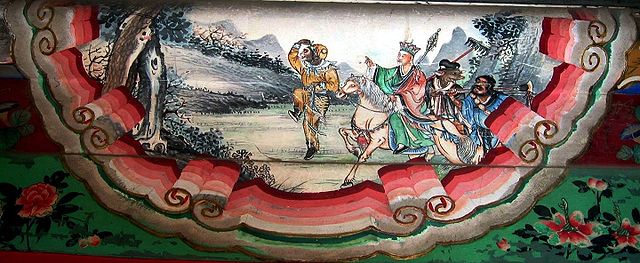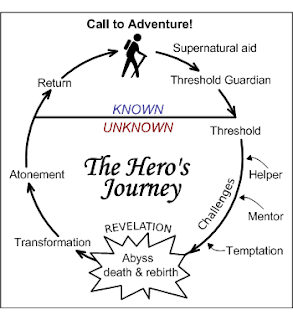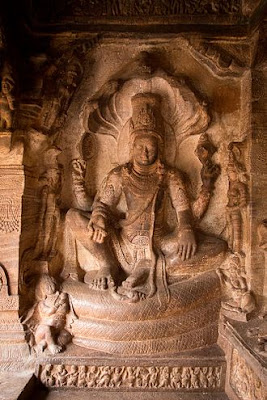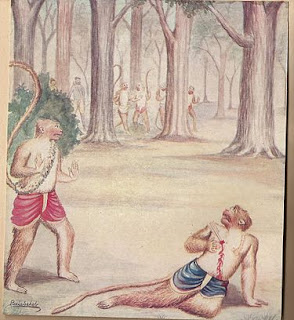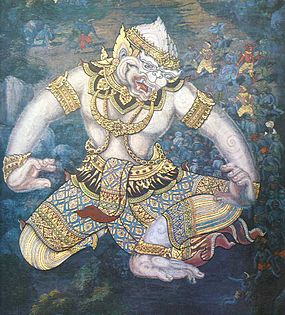Reading Notes: PDE Mahabharata, Part D
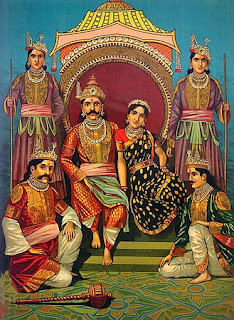
Taken from The Mahabharata, A Summary by John Mandeville Macfie. 61. Bhishma Falls Poor Bhishma. They got swept up in their emotion, but at the end of the day, death is death. And the death caused by members of your own family - what can be more cruel? I guess this is the fulfillment of Amba's threat/curse/promise? Because she blamed him for her not being able to marry anyone, at the beginning of the story. 64. Ghatotkhacha Another son dies. Who's next? 65. Death of Drona It's Drona, but only because the Pandavas tricked him into believing his son had been slain. Controversial! His son was the only reason he continued to hold on to life. The irony makes his death all the more sad. What will his son think? He doesn't even know his father is dead. We met Drona in the beginning of the story; he acted as a tutor and mentor to the Pandavas and the Kauravas, and now, he dies at their hands. Terrible. 67. Arjuna and Karna This is the supposedly the climax of t
